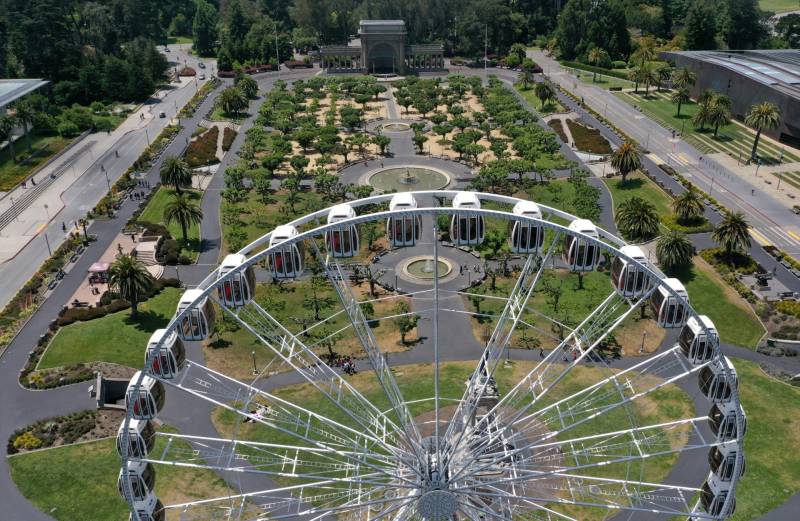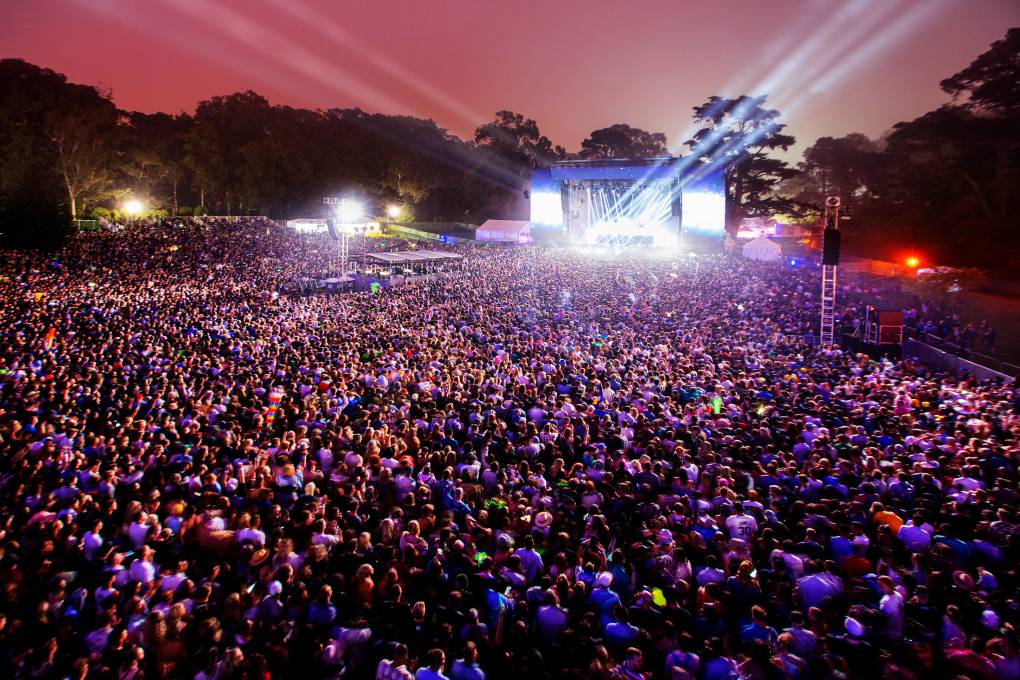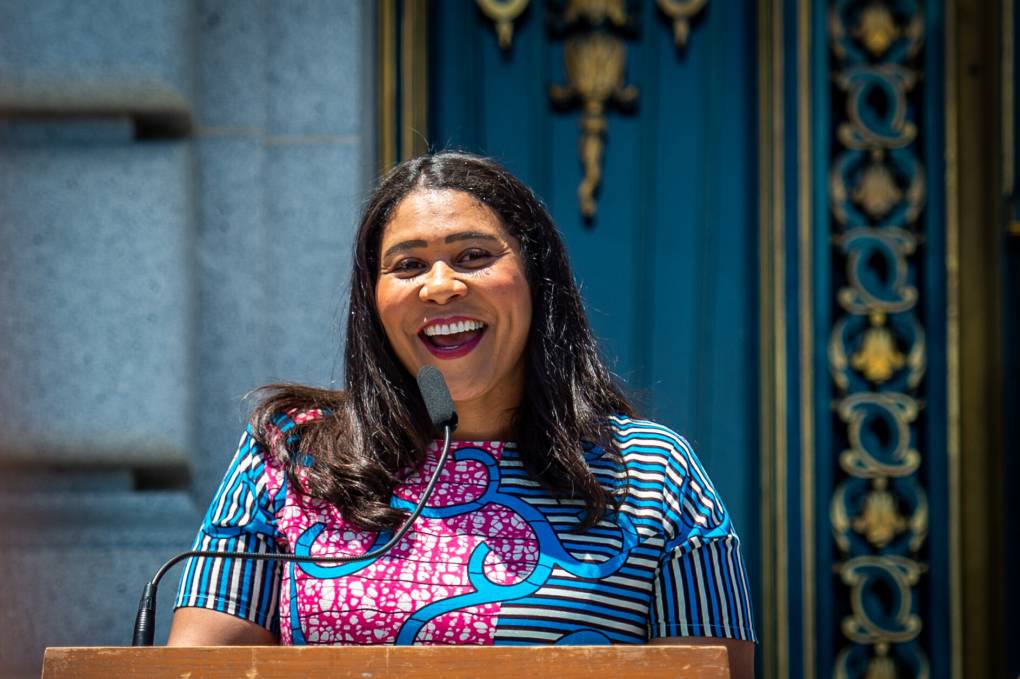San Francisco’s Board of Supervisors issued a subpoena Thursday to obtain financial records between a parks-supporting nonprofit, the San Francisco Parks Alliance, and the San Francisco Recreation and Parks Department.
While the Parks Alliance raises money to build park infrastructure across the city in a private-public partnership, it’s usually primarily interested in one type of green — planting trees, for instance. But the board says more transparency is necessary to ensure another type of green — money — isn’t changing hands improperly.
Just who has influence in renovating parks, and where, is a chief concern, said Supervisor Connie Chan, the lawmaker who requested the subpoena during a hearing of the board’s Government Audit and Oversight Committee.



